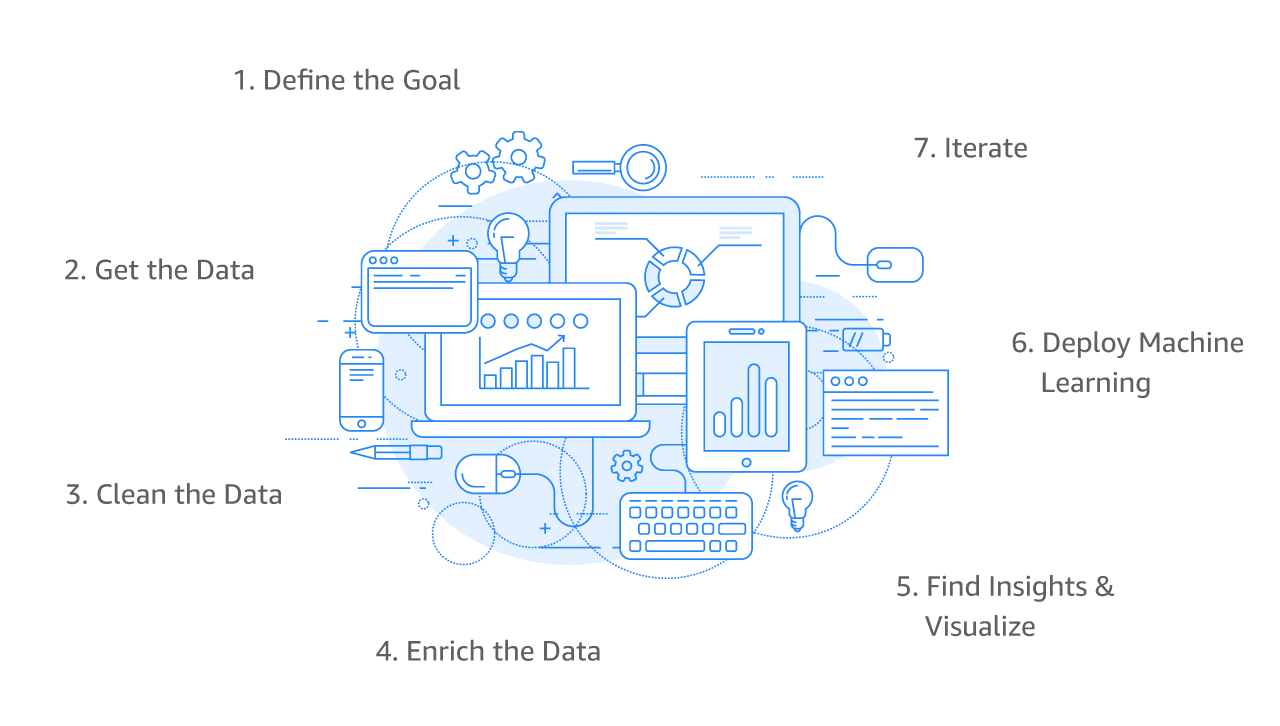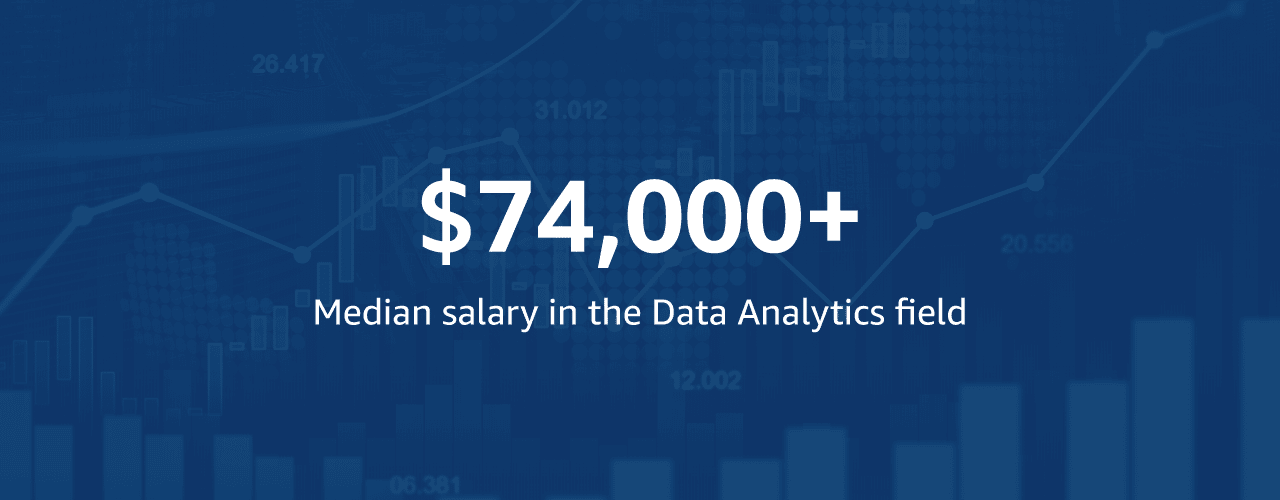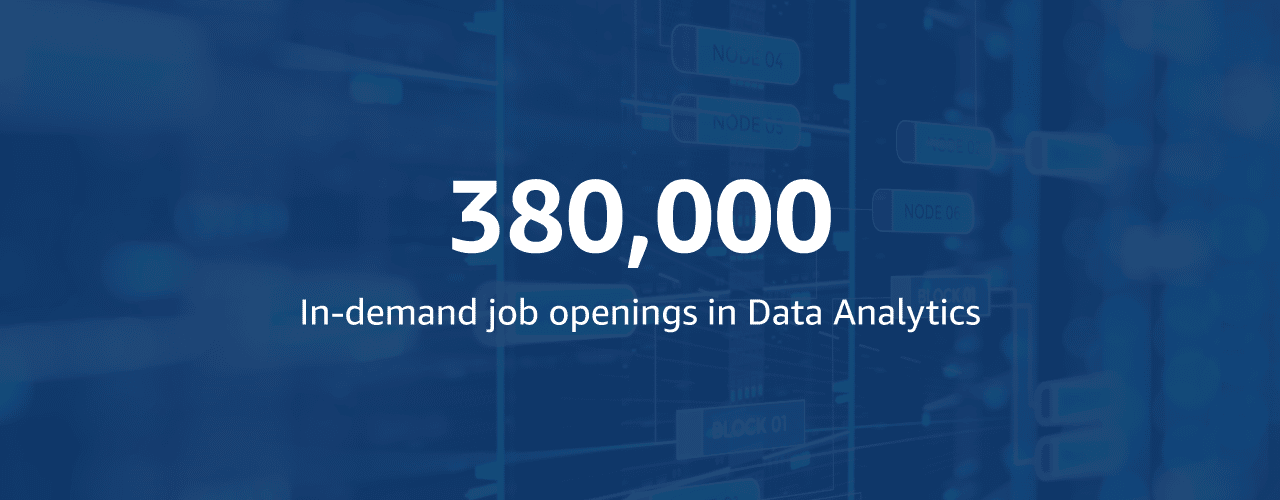How to Become a Data Analyst in Malaysia
How to Become a Data Analyst in Malaysia
Dive into this guide because it provides actionable steps to start your data analyst career in Malaysia.
Understanding the Role of a Data Analyst
Data analysts play a crucial role in interpreting data and turning it into information which can offer ways to improve a business, thus affecting business decisions. They gather information from various sources and interpret patterns and trends. The role requires a significant amount of technical skills, including knowledge of databases, programming languages, and data visualization tools. The growing demand for data analysts in Malaysia highlights the increasing need for professionals who can navigate the local economic landscape and support data-driven decision-making.
What is a Data Analyst?
A data analyst in Malaysia is responsible for collecting, processing, and performing statistical analyses of data. Their job is to take that data and use it to help companies make better business decisions. Data analysts often work with IT teams, management, and/or data scientists to determine organizational goals. They mine and clean data from primary and secondary sources, then analyze and interpret results using standard statistical tools and techniques.
Understanding the Role of a Data Analyst
What is a Data Analyst?
A data analyst is a professional responsible for collecting, organizing, and analyzing data to help organizations make informed business decisions. As a data analyst, you will work with various stakeholders to identify business problems, develop data-driven solutions, and present insights to drive strategic decisions. They collect, process, and analyze dataegic decisions. This role is crucial in today’s data-driven world, where businesses rely on accurate and timely data to stay competitive.
Key Responsibilities of a Data Analyst
The key responsibilities of a data analyst include:
- Collecting and processing large datasets from various sources: This involves gathering data from different databases, APIs, and other data sources.
- Developing and maintaining databases and data systems: Ensuring that data is stored efficiently and securely, and that it is easily accessible for analysis.
- Analyzing data to identify trends, patterns, and correlations: Using statistical methods and tools to uncover insights that can inform business strategies.
- Creating data visualizations and reports to present insights to stakeholders: Transforming complex data into easy-to-understand visual formats, such as charts and graphs, to communicate findings effectively.
- Collaborating with cross-functional teams to develop data-driven solutions: Working with other departments, such as marketing, finance, and operations, to implement data-driven strategies.
- Staying up-to-date with industry trends and emerging technologies: Continuously learning about new tools, techniques, and best practices in data analytics to stay ahead in the field.
Why become a Data Analyst?
Becoming a data analyst can be a rewarding career choice, offering numerous benefits, including:
High demand: Many industries such as in finance, healthcare and e-commerce in Malaysia are actively seeking skilled data analysts. This demand is driven by the increasing importance of data in decision-making processes.
Competitive salary: Data analysts are typically well-compensated, with median salaries ranging from $60,000 to over $100,000 depending on experience and location. This makes it a financially attractive career option.
Opportunities for growth: With experience, data analysts can move into senior roles, such as data scientist or business analyst, or transition into leadership positions. This provides a clear career progression path.
Variety: As a data analyst, you will work on diverse projects, analyzing different types of data and developing creative solutions. This variety keeps the job interesting and challenging.
Data Analytics is the now and the future.
A discipline based on the extraction from data, its analysis, the collection, organization and storage of data as well as tools and techniques that help to do so. It’s a well known fact that data collection is increasingly embedded in the most of the decision making of large companies. It shapes many businesses processes, whilst smoothening out the decision making and business results.
With the rising demand of data and the increasingly important role it plays in our day-to-day lives, the industry has also grown exponentially, with data analysts becoming the most wanted job role in most companies.
Regardless, venturing into new domains can be intimidating, and hard especially in the unprecedented times we live in. Thankfully the big data market is only deemed to grow even more. As a matter of fact, it is projected that its market will be worth $229.4 billion by 2025. Simply put, the data analytics market is rapidly increasing, and so is the demand for new data analysts.
Stand out in the data analytics field by applying effective strategies. This guide details the steps to become a data analyst in Malaysia.
What a Data Analyst Does?
A data analyst is an individual in charge of gathering, processing and conducting statistical analyses on a large dataset. They are responsible to discover the different ways that these data can be utilized to solve problems or produce workable solutions. With the advancement of computers, data analysis gas also progressed in tandem with newer technological innovations. “The evolution of the relational database also gave data analysis a new dimension as it now allows analysts to use SQL to collect data from databases.”
What basic skills you should have as a Data Analyst?
You will probably need to possess skills in mathematics, statistics, communications as well as work with tools that are designed to carry out data analytics and visualizations. In Malaysia, there is a growing demand for data analysts with expertise in big data, machine learning, and proficiency in tools like Python and R.
Ready to explore this high-demand career. Them keep reading!
Educational Requirements for a Data Analyst
To become a data analyst, you typically need a bachelor’s degree in a quantitative field, such as:
- Mathematics
- Statistics
- Computer Science
- Information Technology
- Business Administration
Coursework in statistics, data analysis, and computer programming (e.g., Python, R, SQL) is highly valued. Additionally, many data analysts hold advanced degrees, such as master’s or Ph.D.s, which can provide a competitive edge in the job market.
A Step-by-Step Guide to Becoming a Data Analyst
Get familiarized with the bare bones of data analytics
Take a deep dive of the world of data analytics using some of the top tools and contexts. The base component of this step lies in understanding the theory behind data analytics. Grasp as much theory as you can about it. Learn how it is being applied in real-life situations, and be familiar with the types of analyses that an analyst may conduct.
Let’s get down to the serious part.
The most effective and to some extent rewarding way to go down the data analytics career is to enroll in a bachelor’s degree or specialized programmes. Now, your next question may be “How long does it take to become a data analyst?” A college degree usually takes around three to four years.” Which might be too long for most professionals. Educational institutions in Malaysia offer specialized programs and degrees tailored for aspiring data analysts, providing a robust foundation for a successful career in this field.
With the plethora of training programmes, and training scholarships offered, your dream of becoming a data analysts might not actually be that far fetched.
In fact, many data professionals, have pivoted career paths only post graduation.
Keep up to date with the latest data analytics tools.
Know the latest tools related to data analysis, which include:
- Spreadsheets and querying languages relied on by data analysts, like SQL and XML
- Programming frameworks and languages, such as Python, Hadoop, and R
- Visualization tools, such as Power BI, Tableau; Bokeh, Plotly, and Matplotlib
You should also have experience in one or more top data analysis solutions, such as Adobe Analytics and Google AdWords & Analytics.
In addition, you may want to put together practice works that deal with the various stages of data analysis: researching businesses and opportunities, setting the standards of the data you must gather, collecting and cleaning such data, then shaping and studying it using tailor-built algorithms. Lastly, transform these insights into stunning visualizations.
Try touching on a number of practice projects to master and show your skills in working with several data types, mining structured data, texts, images, audio, or video to conduct statistical analysis, identity causality, and perform predictions.
Polish up on your soft skills.
As with any job that you might hold, soft skills play a pivotal role. Here are some soft skills that might come in handy at your next data analytics role.
- Good at research
- Good at numbers
- An analytical mindset
- Excellent communication, collaboration, and presentation skills
- A problem-solver
- Great attention to details
- Excellent organization skills and can meet deadlines
- Business acumen
- Knowledge of logical and methodical approaches
Feel like you might already possess some of these skills, then go on and note that your skill gaps and fill those up. If your current workplace offers a kind of development in these areas, grab it. You can also look for opportunities elsewhere. For instance, carry out informal meetups.
List as many essential skills on your CV as possible when sending in your job application. Albeit, often overlooked some times your soft skills can be the deciding factor on getting hired.
Make visualizations and practice demonstrating them.
Practice making your own visualizations and look for the perfect way to allow the data to speak for itself. Microsoft Excel comes into the picture even at this early stage, and it remains to be useful after more than three decades and is inevitable in the data science field.
Data analysts should also be able to use visualizations to explain outcomes. If such communication skills do not come innately to you, start practicing now. If needed, start small by presenting to a friend, then colleagues, and so on.
It’s time to build your network, to increase your net worth.
We hear this a lot and yes, they can be awkward, but we can’t emphasize enough how important it is to have a strong network – regardless of how you do it, online or in person. It also doesn’t always have to be awkward. Those LinkedIn message templates might just do the trick.
Connect with like-minded individuals ahead of time. A good network paves the way for potential opportunities and career prospects. It is also a wonderful source of support and mentorship. Furthermore, surrounding yourself with individuals you can share experiences with and learn from is important. A good connection may even lead you to a job opportunity.
So go forth and join a data analytics groups or connect with other, like-minded analysts on LinkedIn, too.
Prepare your portfolio and yourself for the job market.
Your portfolio is the most important asset that you have with regard to job applications as it exhibits your expertise and skills to employers. It can also show that you really know how to apply them in real life.
The creation of a polished portfolio is rooted in taking the right data analytics program. Another factor is being coached by a competent mentor.
Establish your online presence.
You’ll be surprised how effective an up to date LinkedIn profile or an optimized online presence can be. Make sure you have all your updated skills, certification credentials on your profile. Flex it, don’t shy away from your accomplishments.
Apply to data analyst jobs.
There is a vast selection of data analyst jobs you can apply for. Some of these include researcher, database administrator, data and analytics manager, digital marketing manager, statistician, transportation logistics, business analyst, systems analyst, and health care analyst, among others. McKinsey & Co. says that demand for these roles may outpace the estimated data professionals supply by 50% or 60%, meaning that it will be harder to fill these jobs. Nevertheless, the data analyst salary starts at $65,236, according to Indeed. There are also numerous job opportunities for data analysts in Malaysia, driven by the country’s growing demand for data analytics professionals.
Once you begin applying for jobs, get ready to be interviewed. Every company has its own interviewing methodologies, but you should know how to answer some commonly asked questions.
Get yourself certified.
As we have mentioned in prior paragraphs, although getting a degree in data analytics might be the most optimum way of getting in the field, this might not be the friendliest options for those who might be strapped for cash and/or time.
So, what’s a surefire way to still land a career but skip the 4 year wait for a degree? Certifications! Professional data analytics certifications by tech giants like Google, AWS, Microsoft, are widely recognized by companies across industries, and we can help you do just that:
| Course Code | Course Title | Days | Fee | Aug-25 | Sep-25 | Oct-25 |
|---|---|---|---|---|---|---|
| CT-Data | CompTIA Data+ | 5 | 3,500 | – | – | 13-17 |
| PL-300T00 | Design and Manage Analytics Solutions using Power BI | 3 | 2,800 | 4-6 | 2-4 | 1-3 |
| TDT-I | Tableau Desktop Training (Intermediate) | 2 | 4,200 | 13-14 | – | 23-24 |
| AWS-BDATA | Big Data on AWS | 4 | 5,400 | 4-7 | – | – |
Discover our wide ranging data analytics courses. You can choose from various different principles to suit your needs and your lifestyle.
Click on the banner below and you are half way there to your dream data analyst job.











